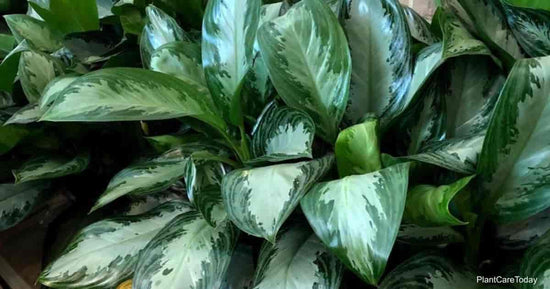Gardening is more than just a hobby; it's a powerful tool for enhancing both physical and mental well-being. As we navigate the hustle and bustle of modern life, tending to plants can offer a much-needed escape and a host of health benefits. Let's explore how gardening can contribute to overall wellness and why it's worth incorporating into your daily routine.
Physical Health Benefits
-
Exercise and Fitness: Gardening is a form of moderate-intensity exercise that can help improve physical fitness. Activities such as digging, planting, weeding, and watering involve various muscle groups, enhancing strength, endurance, and flexibility. Regular gardening can burn calories, aid in weight management, and reduce the risk of chronic illnesses like heart disease and diabetes.
-
Improved Immunity: Spending time outdoors in the garden exposes you to fresh air and sunlight, which are essential for boosting the immune system. Sunlight helps the body produce vitamin D, crucial for bone health and immune function. Moreover, interacting with soil can expose you to beneficial microorganisms that strengthen the immune system.
-
Enhanced Nutrition: Growing your own fruits, vegetables, and herbs ensures access to fresh, organic produce. Consuming homegrown produce can lead to a healthier diet, rich in vitamins, minerals, and antioxidants. This nutritional boost supports overall health and can prevent nutrient deficiencies.
Mental Health Benefits
-
Stress Reduction: Gardening has been shown to reduce stress levels significantly. The act of nurturing plants, coupled with the tranquil environment of a garden, can lower cortisol levels and promote relaxation. The repetitive nature of gardening tasks can also induce a meditative state, providing a break from daily stressors.
-
Improved Mood: Engaging with nature through gardening has a positive impact on mood and emotional well-being. Studies have found that spending time in green spaces can reduce symptoms of depression and anxiety. The sense of accomplishment from planting, nurturing, and harvesting plants can boost self-esteem and overall happiness.
-
Mindfulness and Focus: Gardening encourages mindfulness, the practice of being present in the moment. Focusing on the sights, sounds, and sensations of the garden can enhance concentration and reduce mental clutter. This mindful engagement can improve cognitive function and provide a sense of clarity and peace.
-
Connection to Nature: In our technology-driven world, gardening offers a way to reconnect with nature. This connection fosters a sense of belonging and can combat feelings of isolation. Whether it's listening to the birds, feeling the soil, or watching plants grow, these interactions with nature can be profoundly grounding and nurturing.
Social Benefits
-
Community Building: Gardening can also be a social activity, bringing people together in community gardens or gardening clubs. Sharing gardening tips, exchanging plants, and working on communal projects can strengthen social bonds and create a support network.
-
Educational Opportunities: Gardening provides opportunities for lifelong learning. Whether you're a beginner or an experienced gardener, there's always something new to discover. Teaching children or newcomers about gardening can also be a rewarding experience, fostering a sense of purpose and community.
Getting Started with Gardening for Wellness
Starting a garden doesn't require a large space or extensive knowledge. Here are a few tips to get you started:
- Choose Your Space: Whether you have a backyard, a balcony, or a windowsill, you can start a garden. Container gardening is a great option for small spaces.
- Select Your Plants: Choose plants that are suitable for your climate and space. Start with easy-to-grow plants like herbs, tomatoes, or succulents.
- Gather Supplies: Basic gardening tools, quality soil, and appropriate containers are essential. Local gardening centers or online resources can provide guidance on what you need.
- Learn and Experiment: Gardening is a learning process. Don't be afraid to experiment and make mistakes. There are numerous resources available, from books to online forums, to help you along the way.
Gardening for wellness is a journey that offers numerous physical, mental, and social benefits. By dedicating time to nurturing plants, you can enhance your well-being and create a sanctuary that promotes health and happiness. So, grab your gardening gloves and start planting the seeds for a healthier, more fulfilling life.





